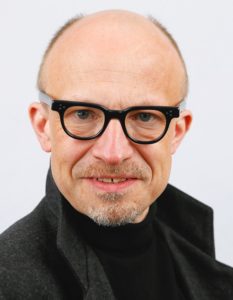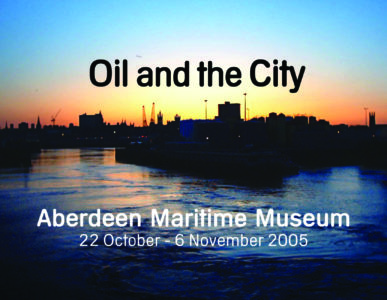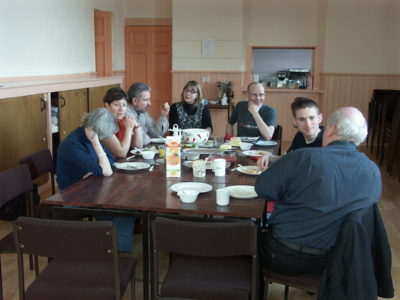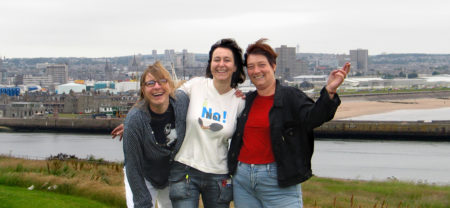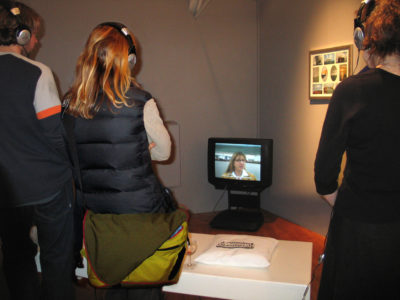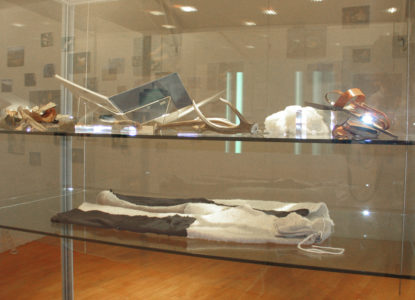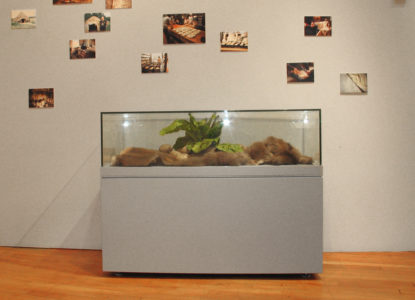Workshop V, Peter Troxler, 2 July 2020
Peter Troxler researches the intersection of business administration, society and technology and has been living in Rotterdam since 2005. From 2001 to 2005 he lived in Aberdeen, Scotland, and also worked on previous arts projects on the oil industry with members of the project team. Peter tells us about the project Oil and the City (2005), which he co-initiated in Aberdeen, and his current research on virtualization, sustainability and the circular economy.
When living in Aberdeen, Peter personally felt that it was dominated by oil. Oil and the City (2005) was in part developed to counter the rising right-wing populism at the time. The project attempted to make the cultural embeddedness of oil explicit. Artist Duncan Hart, for example, tried to live without oil for the project, thus raising awareness of all the commodities we take for granted. Another strategy to make oil’s role more apparent, suggests Peter, would be simply to encourage people to imagine a future without oil or give them the unique opportunity of smelling oil, for example.
Peter’s current research focuses on data, “the oil of the 21st century,” and explores virtualisation, which is also currently taking root in the oil industry. Virtualisation is born out of a profit motive as it reduces the workforce on site. However, it also creates new vulnerabilities such as viral attacks on the computing systems.
The discussion then turns to sustainability and Peter’s work on the circular economy. He tells us about a recent project on the recycling of plastic waste, which looked at how to close the loop of plastics in order to create clean material from waste. From this perspective, we need to consider oil in conjunction with other resources and technologies. The underlying issue is that humanity is apparently not good at dealing with limited resources.
Lastly, Peter highlights the importance of transdisciplinarity. What questions do art and science ask? What questions do they have in common? Transdisciplinarity requires a lot of listening and offers us an opportunity to reflect on knowing, on how we think. We need to become aware that art and science know in different ways.
Rotterdam I Aberdeen I virtualisation I sustainability I circular economy I plastics
